Richard's recent articles
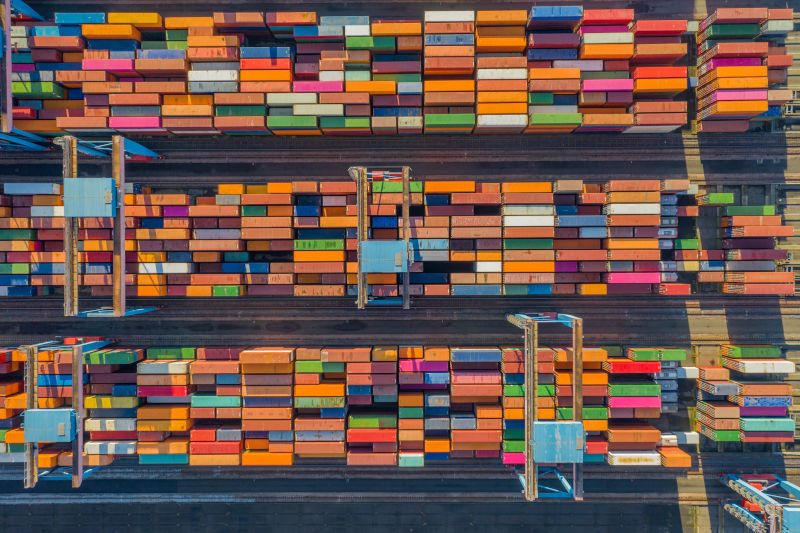
22 September 2022
Fostering trade beats making war every time
It is over a month since Nancy Pelosis vexing visit to Taipei and Chinas disapproving response, which included large scale air and naval exercises around Taiwan. This ill-omened stopover by the third-ranking person in the US political hierarchy ineptly created, amongst other things, further acute doubt about Washingtons continuing commitment to the one-China principle.
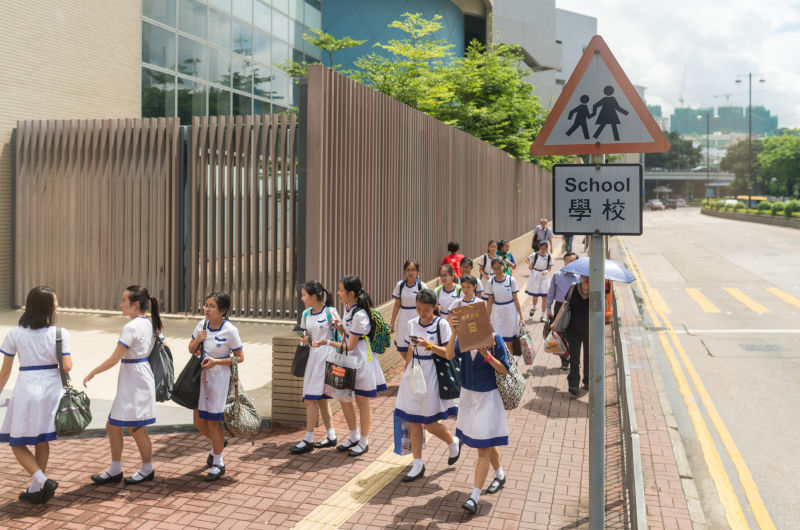
14 September 2022
Is Hong Kong experiencing a Teacher Exodus? Time to correct the record
Is Hong Kongs world class education system really seeing an exodus of teaching staff? Are reductions in staffing levels linked to political crackdowns and the COVID 19 Pandemic? Not so fast. Lets correct the record.
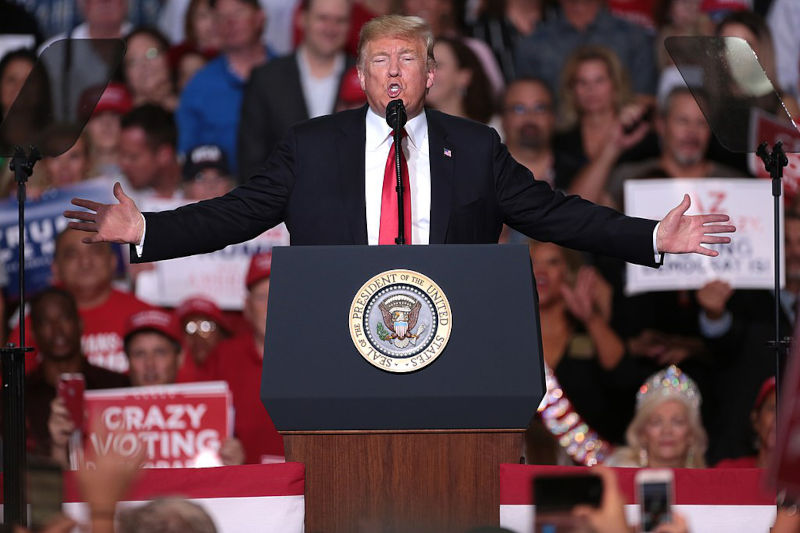
10 September 2022
Entrenched political polarisation in America
Has the Republican Party gone completely rogue and is the American experiment beyond repair?
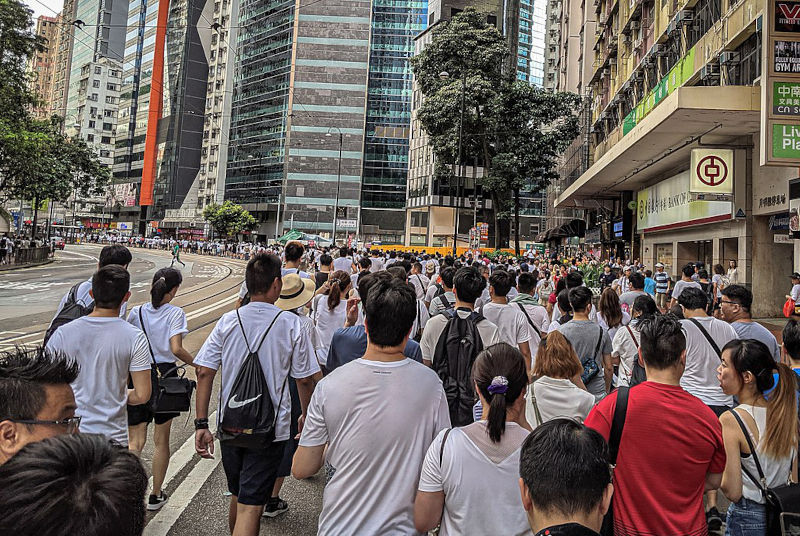
27 August 2022
President Xi signals that governance in Hong Kong must be more mindful of people's expectations
Clear signs are emerging that Hong Kongs essential social contract is undergoing renovation. Moreover, this process looks set to continue. Before examining why this is so, we need to consider the meaning of this expression.

21 August 2022
Alpha Ngai: Panda Power
Soft power was academically identified by the US political scientist, Joseph Nye, in 1990. It is a prominent aspect of how America projects itself internationally. Chinas soft power is rather less developed and today it faces determined resistance. Yet, panda power is one form of Chinese soft power that has proved to be remarkably effective and resilient.

20 August 2022
The wisdom of Billy Wilder and western media collusion
A number of recent articles have highlighted the medias critical role in propelling the deterioration in relations with China, in Australia and well beyond.
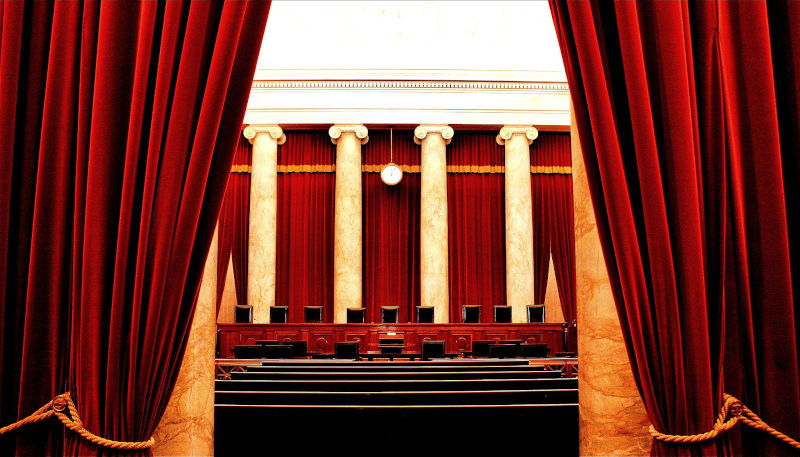
23 July 2022
A most radical supreme court
Startling headlines have followed a series of recent, radical US Supreme Court judgments: The US Supreme Court is turning the Constitution into a suicide pact; A new Supreme Court case is the biggest threat to US democracy since January 6; and Confidence in US Supreme Court sinks to historic low. This latest raft of radically-charged decisions stands on the shoulders of a history of remarkable Supreme Court judicial activism stretching back over 200 years. Frankly, it is very hard to imagine any realistic means which could be applied to secure the transformation of this entrenched system of Judicial Supremacy.
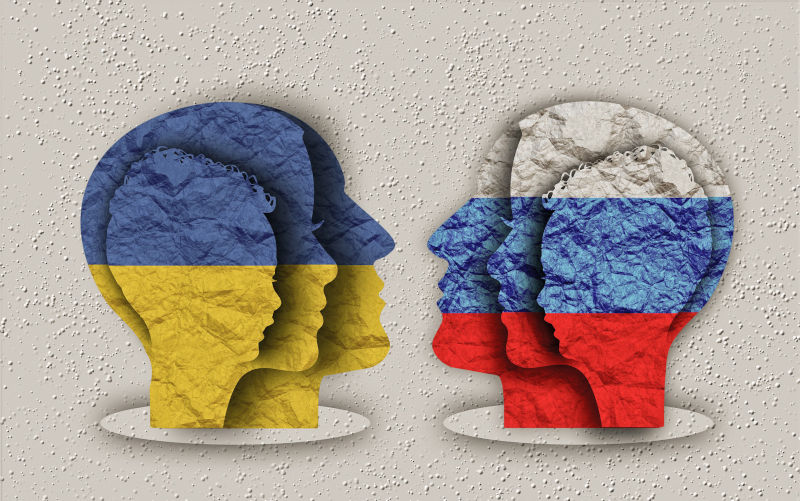
18 July 2022
The cost of unconditional support for Kyiv and Zelensky
Russia-Ukraine war: The West must stop its unconditional support for Kyiv;
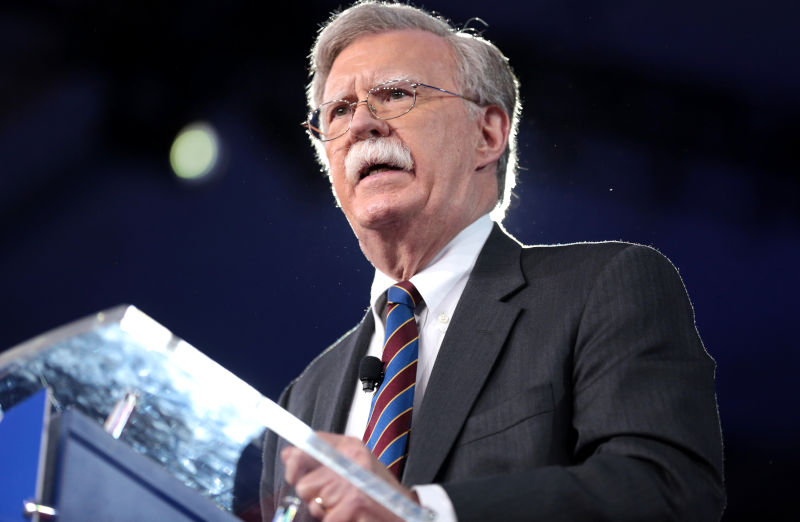
16 July 2022
John Bolton admits he helped plan coups
John Bolton was the national security advisor to Donald Trump from 2018 to 2019. He worked in important roles for Republican Administrations in the US dating back to the Reagan era. He has now admitted that he helped plan coups.

10 July 2022
Ukrainian citizen views on the war in their country
A recent survey of Ukrainians, supervised by a leading US institution, has confirmed very strong public support for President Zelensky and the Ukrainian military combined with strong hopes of victory in the current deadly struggle. But the survey also indicates that, although Ukrainians hold Russia fundamentally answerable for the ongoing war, they also attribute significant responsibility to the Ukrainian government (and also to the US and NATO) for the continuing conflict.

30 June 2022
Sorting truth from facts on military spending - the media doesn't care
Certain statements offered by the defence ministers from Australia and the US about China at the recent Shangri La Dialogue displayed a startling absence of comparative fact-based credibility. Neither of these senior political figures appears to have had the veracity of what they said seriously challenged by the supervising media contingent present in Singapore.
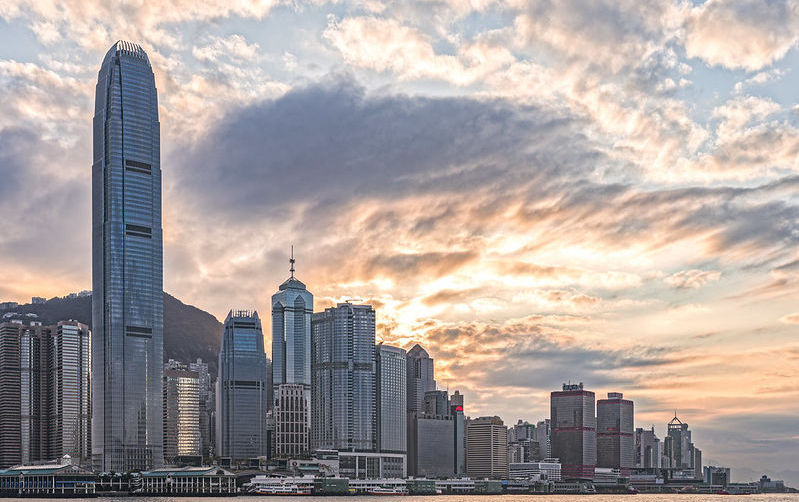
14 June 2022
EU's report on Hong Kong SAR a twisted narrative
Despite destructive chaos right in Europe's own backyard, its politicians still find substantial time to lecture China on how its Hong Kong Special Administrative Region should be run.
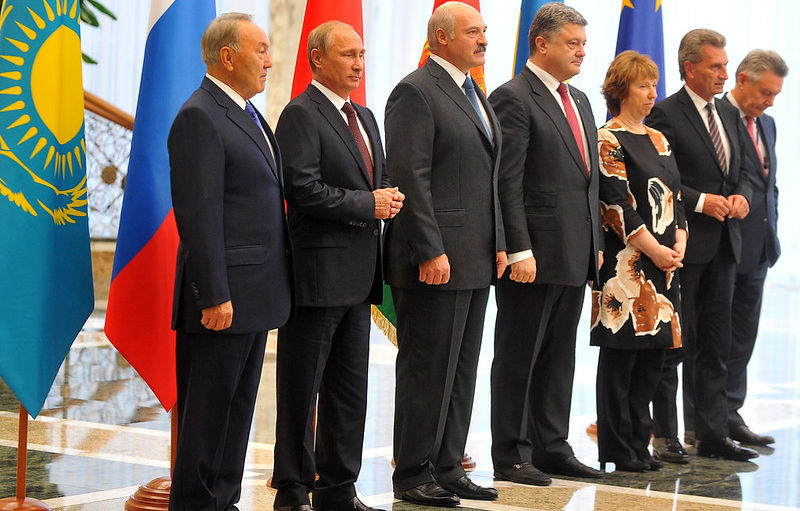
3 May 2022
Ukraine and the failure to implement the Minsk Agreements
The road to war in Ukraine which the West ignores.
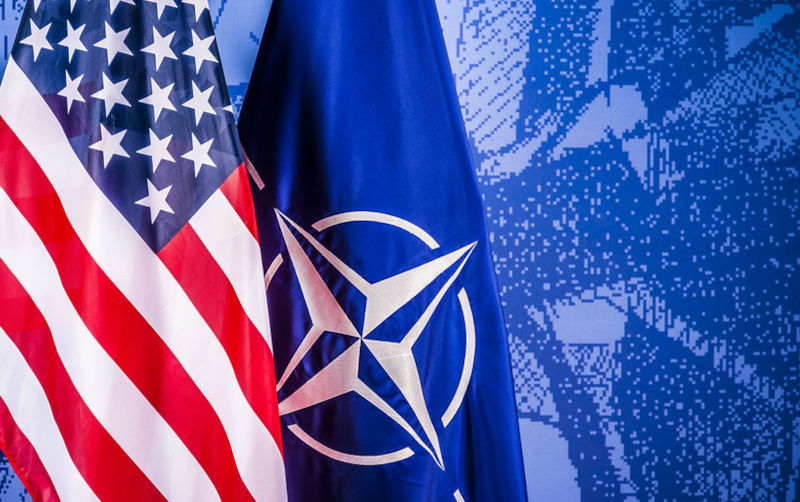
2 April 2022
Ukraine and the Americanised future of Western Europe
The proximate cause of the war in Ukraine, Wolfgang Streeck argues in a recent article, is Russias murderous assault on a neighbouring country with which it once shared a common state.
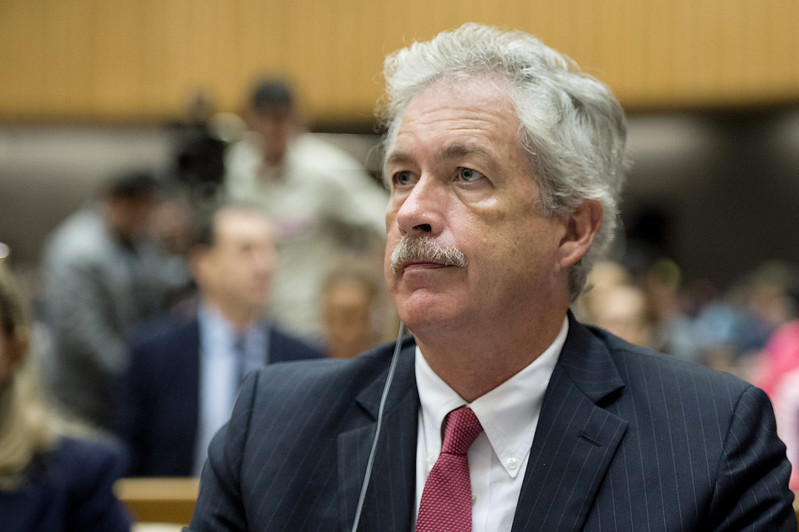
12 March 2022
Does Washington ever listen?
John Mearsheimer has been one of the most scathing, long-term critics of how the impact of the eastward expansion of NATO on fundamental Russian policy-setting was willfully ill-judged by Washington.

4 March 2022
The Chinese face of globalization
The Six Faces of Globalization is an important new book, which prompts reflection on how Western media outlets have shaped our understanding of globalization and how Chinas distinctive perspective on globalization may be yet do likewise.

23 February 2022
Japan's Asian future in the 21st century
The case for Japan to move firmly away from being bound to serve the paramount interests of the US in East Asia and beyond - as seen, erratically, from Washington while emphasizing that Japanese interests are its foremost concern, is now demonstrably clear.
18 February 2022
The birth of global narrative power by the West
Once significantly devoted to explaining, advancing and celebrating Western universal values, western media outlets today are now far more engaged in manufacturing hostility towards China.

22 January 2022
Nervous neighbour: Why Canada should be worried about US democracy.But is Australia?
The US is headed down a very dark road, and Canada should prepare to deal with the cracking of the American polity.
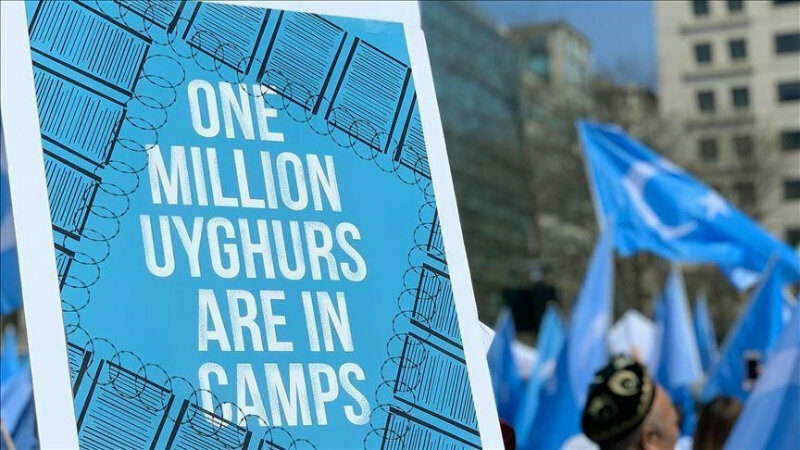
5 January 2022
Beware Sinophobia over Xinjiang: the charge of genocide should never be made lightly
The treatment of the Uyghur people of Xinjiang Province under Chinese rule is a major talking point in diplomacy. There is a more nuanced view.
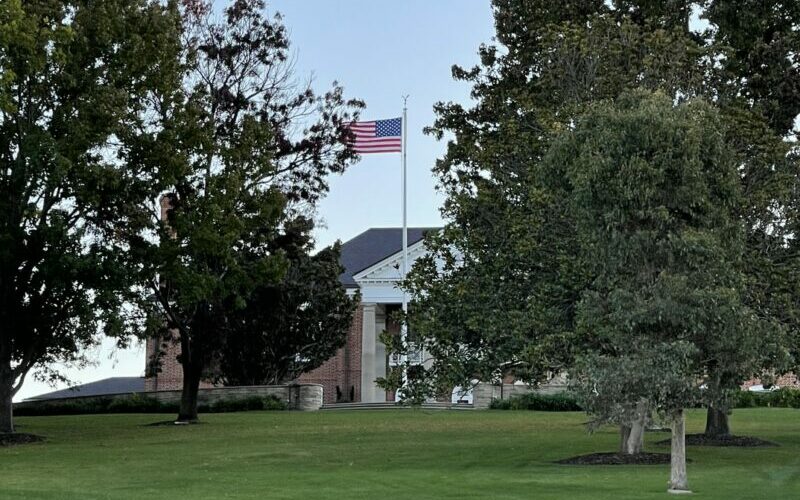
17 October 2021
Gunboat diplomacy: Joined at the hip to the war-addicted US
After 40 years of successful diplomacy with China, Australia has hitched itself to a permanently warlike, self-seeking United States. How on earth did it come to this?
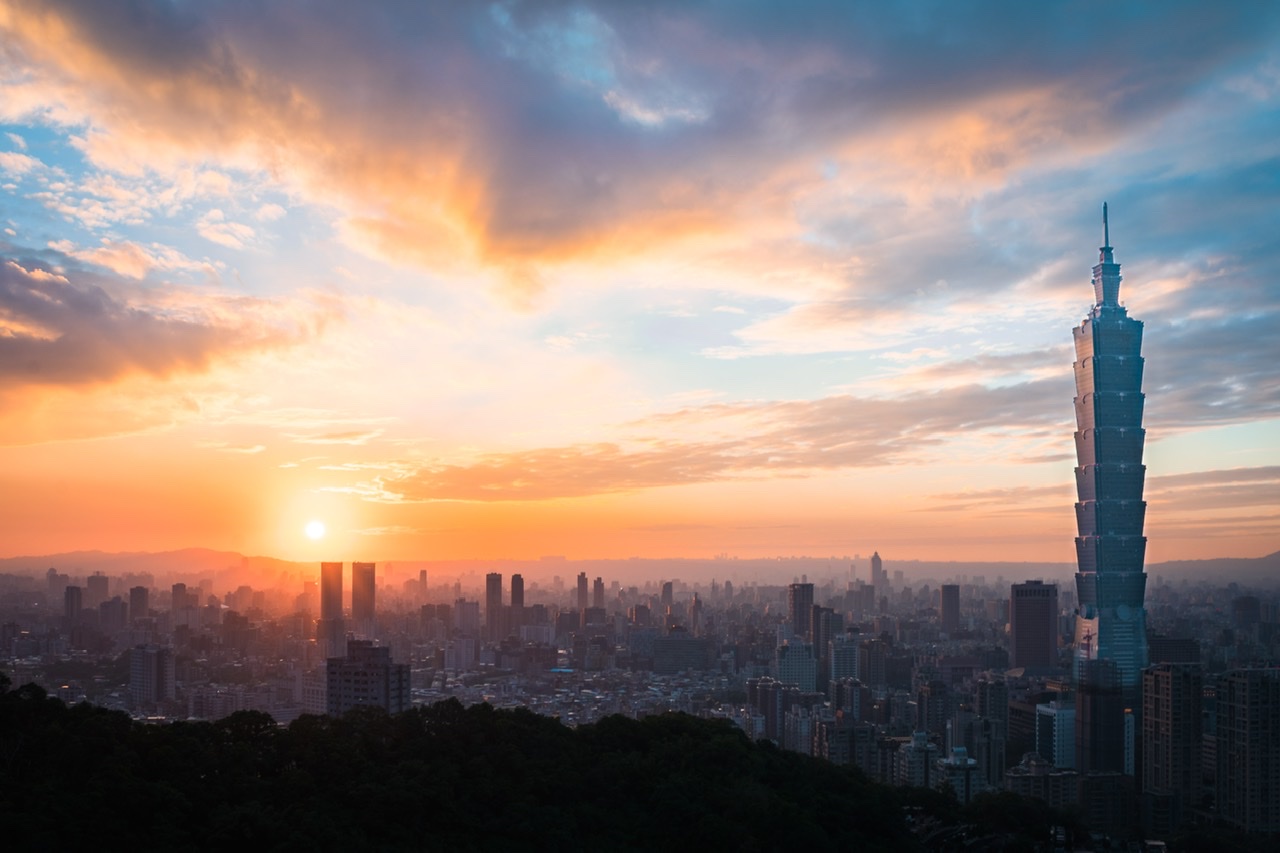
2 September 2021
Taiwan quo vadis: Is reunification inevitable?
With time on Beijing's side, is there any other option than Taiwan and Mainland China reuniting?

29 August 2021
White Man's Media: anxious and aggressive
It is useful to recall how so much Western media coverage, from Hong Kong, of the deeply intimidating, three-month shut-down of arterial roads in 2014 and the unremitting violence of the 2019 multi-month insurrection was, in each case, dominated, first, by a constant retelling of narratives supplied by the activists and secondly, by intense coverage of all perceived lapses in official and police reactions. Added to this was a steady degree of media support for the protestors - regularly spilling over into acclamation regardless, typically, of the unfolding disruption, chaos and destruction.
5 August 2021
The usual China-thumping and sanctimonious censuring have continued as intensely as ever.
Late 1989 is rightly regarded as a singular historical turning point when geopolitical business-as-usual was unambiguously interrupted: The Berlin Wall opened up and then came down. Major changes to previous regimes across Eastern Europe swiftly followed and by late 1991, the former Union of Soviet Socialist Republics had become Russia, again.
31 July 2021
Boris Fawlty
Remember Basil Fawlty? When dressed in civilian clothes he called himself John Cleese. In real life, he and his wife Sybil ran a rather pretty hotel, which carried the Fawlty name, in a seaside resort in southwest England.
25 July 2021
A review of 'The Dance of Folly: or how theatrics have tarnished the rule of law in Hong Kong
A series of acute points are made by Henry Litton in his new book, The Dance of Folly. These typically pivot on his observations of how judges, across various courts in Hong Kong, have been drawn away by lawyers - from what he argues is the essence of well-grounded, common law reasoning towards playing dubious games with legalized expressions and theory-based arguments. The result is that dangerous stress has increasingly been placed on the operation of the One Country Two Systems (OCTS) framework, which governs the relationship between Hong Kong and China.
28 June 2021
How many are fleeing Hong Kong?
Google, fleeing Hong Kong, today, and over 100 headlines immediately present themselves. Most speak of deep fear and plans to escape.
6 June 2021
Hong Kong is not dying after all.
On 25 May, the China Centre at Jesus College, Cambridge University, hosted a significant online, two-hour seminar on The Future of Hong Kong.
24 May 2021
The rejected murder suspect and the Taiwan Government's lack of interest in the Rule of Law.
A Hong Kong resident, Chan, Tong-kai murdered his pregnant Hong Kong girlfriend, whilst they were holidaying together in Taiwan in mid-February, 2018. After killing her and disposing of her body, he fled back to Hong Kong, admitting to his crimes. Significant CCTV circumstantial evidence helped confirm what had happened, but the murderer has yet to be tried.
13 May 2021
Covid political stress testing
In July, 2020, Armend Bekaj, writing on the News Website of the International Institute for Democracy and Electoral Assistance (IDEA), in Sweden, argued that those who are democracy practitioners and promoters are regrettably being drawn into a misguided debate about which political system is better at tackling the [Covid] pandemic, democracies or autocracies.He noted the already countless articles on this topic.
29 April 2021
Hong Kong judge concerned with US intervention in Hong Kong affairs
A former Hong Kong legislator from the Civic Party, Jeremy Tam, recently applied for bail in the High Court of the Hong Kong Special Administrative Region (HKSAR). Mr Tam has been charged with subversion under the new National Security Law (NSL) which has applied in the HKSAR since July 1, 2020. The NSL was drafted for the HKSAR by Beijing as a direct response to the exceptionally violent and destructive multi-month insurrection, which began in mid-2019.
17 April 2021
Hong Kong's housing crisis- an underlying factor in the 2019 riots.
The Hong Kong Special Administrative Region (HKSAR) of the Peoples Republic of China (PRC) has a serious housing problem.There has been much discussion over the last several years about how this has amplified social discontent.This conversation intensified during the major 2019 protests that became a lengthy anti-government and anti-Beijing rebellion.
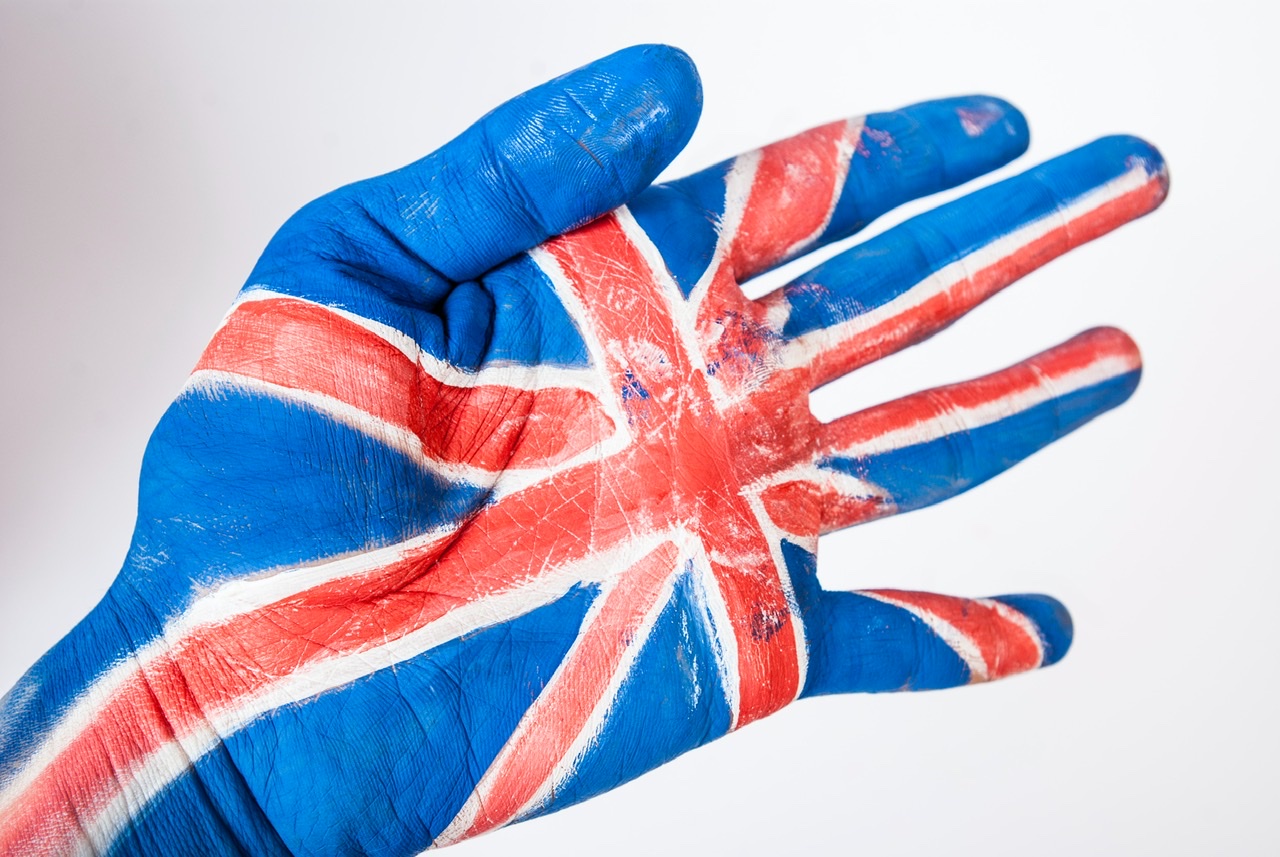
7 April 2021
British meddling in Hong Kong's court of appeal
The British Government still maintains significant influence in Hong Kong through the appointing of British subjects within Hong Kong's highest court, the Court of Final Appeal, and have used this influence for geopolitical advantage.
30 March 2021
Protests or riots? First-hand retelling of Hong Kong's 'democracy' struggle
Western media's perception of the 2019-20 Hong Kong democracy protests, to some the riots, is a carefully cultivated and curated version of events. Testimony of those who witnessed them first hand should not be pushed aside to give space to the dominant narrative of the media.
